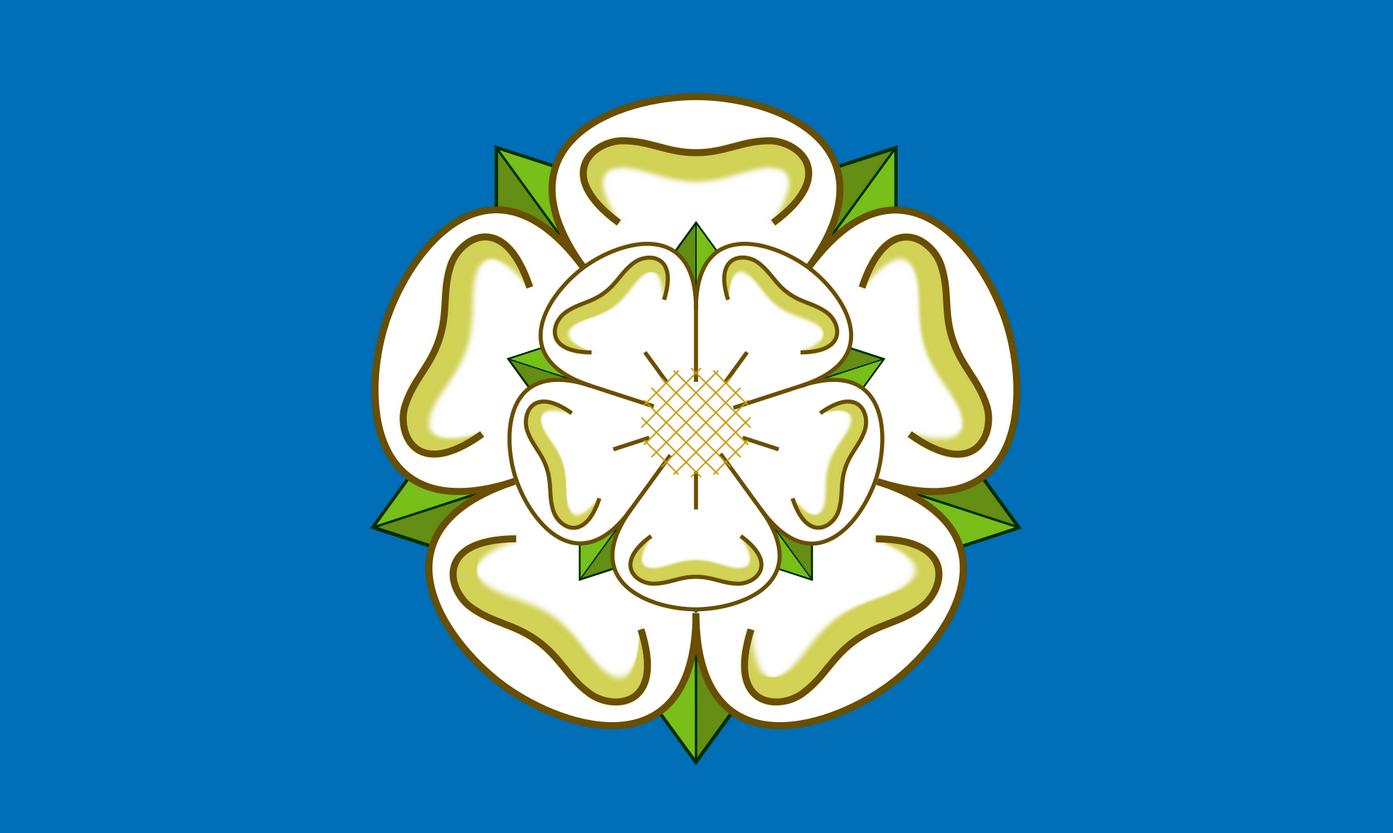My TL;DR:
Photos mostly garnered from fishing industry social media accounts, show that trawling the seabed for langoustines to produce scampi also traps many other fish, including young white fish, flatfish, starfish and sharks.
Fishing for langoustines in Scotland is big business, with landings worth £91m in 2019, providing 43 per cent of the world’s supply.
But there have long been concerns about the fish accidentally caught in the nets of the langoustine trawlers.
One picture shows a critically endangered flapper skate, dead and allegedly dumped on the seabed.
The industry body, Seafish, insisted suggestions that bycatch made the langoustine fishery unsustainable were “incorrect”. Whiting, haddock and cod caught along with langoustines can be harvested and can together make up 80 per cent of catches, it said.
But Seafish accepted that “unfortunately, endangered, threatened and protected species can occasionally get caught in fishing gear”.

